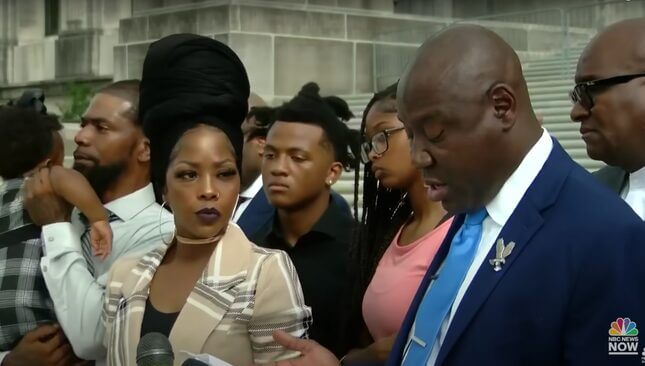Louisiana Woman Forced to Carry Skull-Less Fetus Traveled 1,400 Miles for Abortion
“All of this has been mentally exhausting," a GoFundMe for the woman says. "Nancy is in need of therapy to... properly care for her other three children.”
AbortionPolitics

A Louisiana woman who was denied an abortion last month, despite carrying a skull-less, nonviable fetus, was able to get care—1,400 miles away in New York.
The woman, Nancy Davis, confirmed to The Guardian this week that on Sept. 1, she had an abortion, weeks after doctors in Louisiana told her they couldn’t offer her abortion care because of the state’s abortion ban, which offers exceptions only to save a pregnant person’s life or in some cases when the fetus won’t survive. But Davis’ fetal condition, acrania—a rare congenital disorder in which part or all of the skull is missing—isn’t among the Louisiana Department of Health’s narrow list of conditions that qualify for the exception.
“It’s hard knowing that I’m carrying it to bury it,” Davis, who’s raising a daughter and two stepchildren, said in mid-August, when she was about 13-weeks pregnant.
Davis had said her original plan was to travel to a nearby state like Florida or North Carolina, where some abortions still remain legal, but told the Guardian she ended up having to travel much farther to a Manhattan Planned Parenthood instead. Florida notably bans abortion at 15 weeks, around when Davis had the procedure in New York, and abortion access is highly restricted in North Carolina as well.
-

-

-

-

-

-

-

-

-

-

-

-

-

-

-

-

-

-

-

-

-

-

-

-

-

-

-

-

-

-

-

-

-

-

-

-

-

-

-

-








































